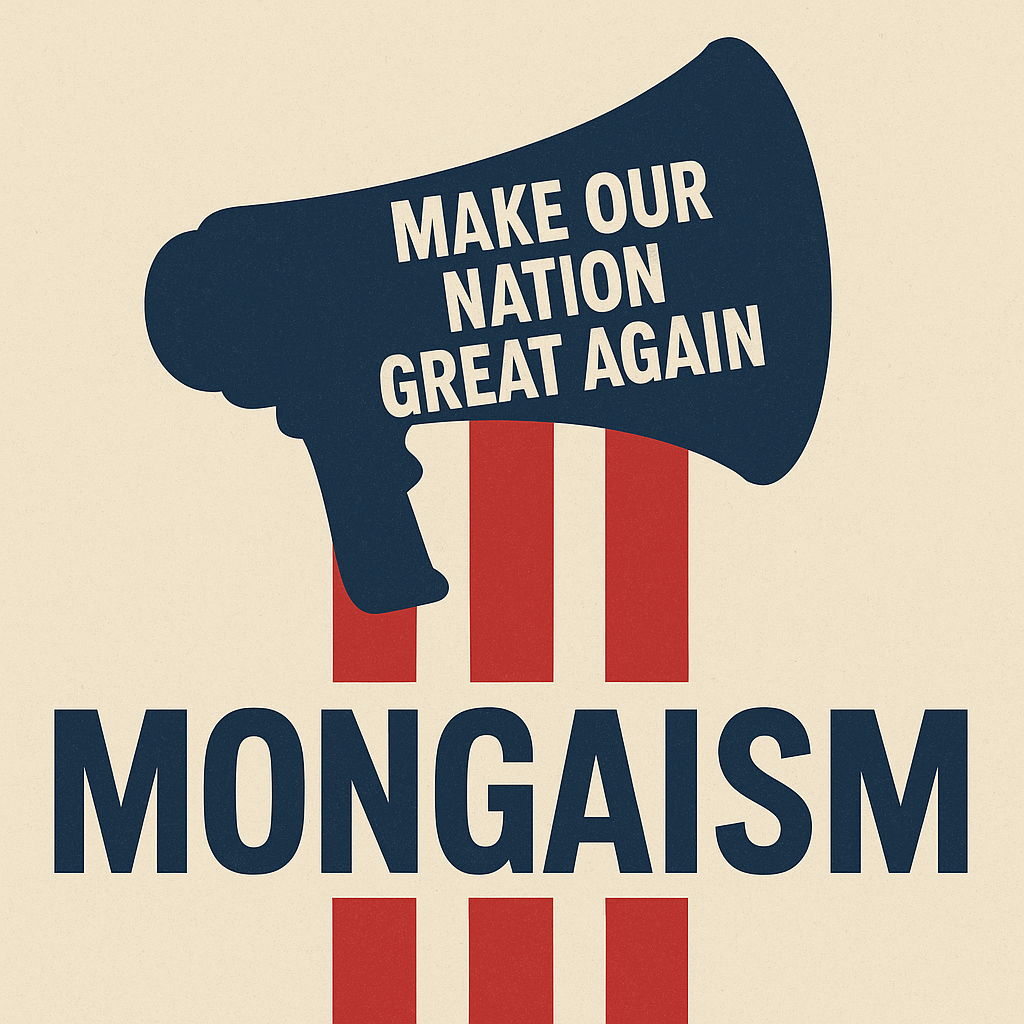Make Our Nation Great Again-ism
 Chris Grey has just relaunched his long-running Brexit & Beyond blog under a new title: Brexit & Brexitism. His latest posts are well worth reading, especially his definition of “Brexitism”. He describes it as a “perverse political psychology that combines aggression with self-pity” – a mix of grievance, nostalgia and hostility, more mood than programme.
Chris Grey has just relaunched his long-running Brexit & Beyond blog under a new title: Brexit & Brexitism. His latest posts are well worth reading, especially his definition of “Brexitism”. He describes it as a “perverse political psychology that combines aggression with self-pity” – a mix of grievance, nostalgia and hostility, more mood than programme.
Grey is right to analyse the British version in detail, but it’s increasingly obvious this phenomenon isn’t confined to the UK. MAGA, Brexitism, Orbánism, Le Penism and Melonism – all are local vintages of the same sour brew. They feed on imagined betrayals, sneer at institutions, and promise simple solutions while luxuriating in perpetual dissatisfaction.
This blog would tentatively suggest a new word for this: Mongaism – from the initials of “Make Our Nation Great Again”. Other candidates have been floated: fascism (too bound to the 1930s and not quite the same thing), authoritarian populism (accurate but bloodless), and illiberalism (catch-all, but too vague). Mongaism has the merit of being both international and specific, rooted in the slogans of the present rather than the ghosts of the past.
In my last post I argued that the Political Compass is a better map of the landscape than the tired left–right line. Mongaism sits firmly in the authoritarian-right quadrant: nationalist, exclusionary, disdainful of checks and balances. It thrives on control, obedience and imagined enemies. The natural counterweight lies opposite, in the libertarian-left quadrant – internationalist rather than insular, ecological rather than extractive, dispersing power instead of hoarding it, and guided by solidarity rather than grievance.
Mongaism’s strongest constituency is often older voters, especially Boomers nostalgic for a simpler past, though it is not confined to them. Younger generations tend instead to seek out a clear alternative rather than a politics of grievance.
The cleavage shows up in foreign policy too: mongaism tends to align with Israel as a nationalist fortress-state, while the libertarian left is generally pro-Palestinian, stressing rights, equality and self-determination.
Naming mongaism won’t stop it. But recognising it as an international creed – not just a British eccentricity – is a first step in working out how to resist it.